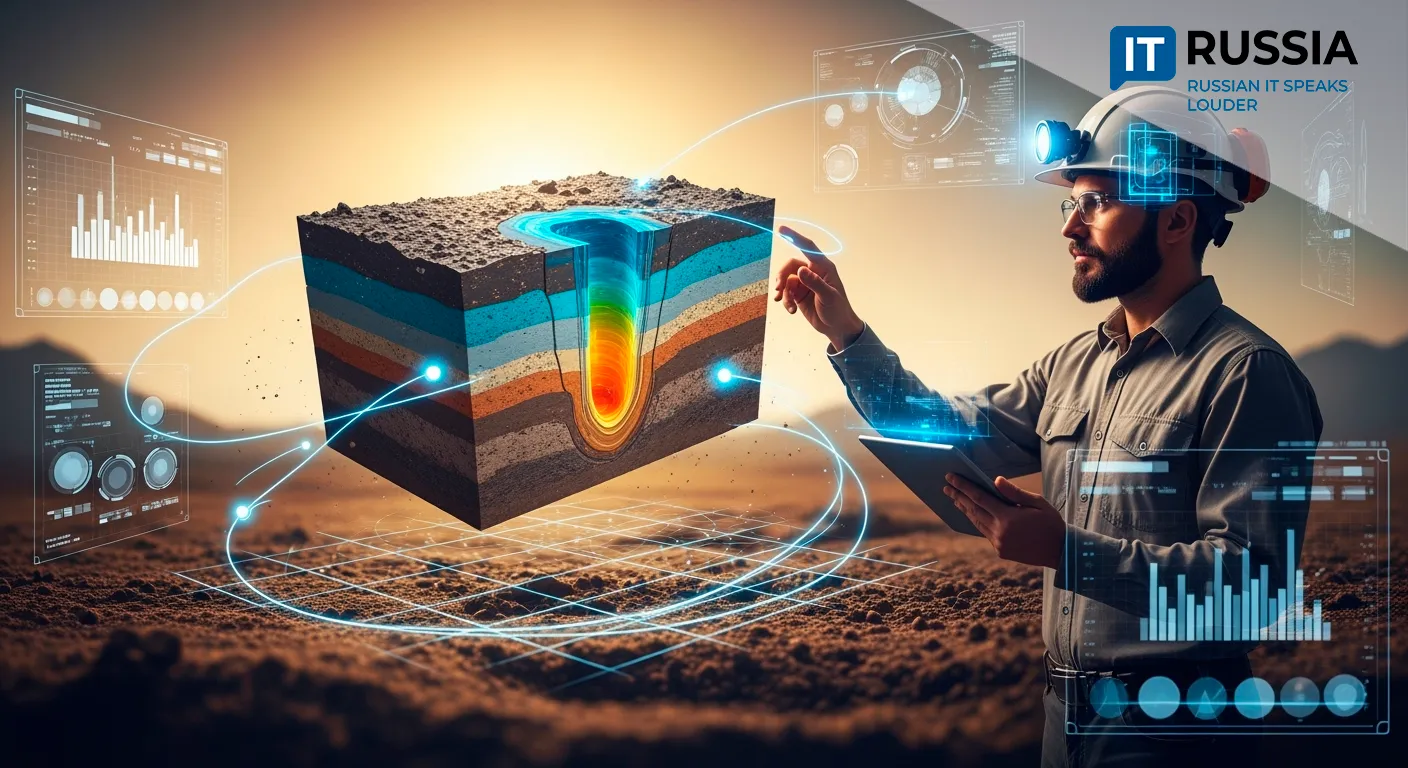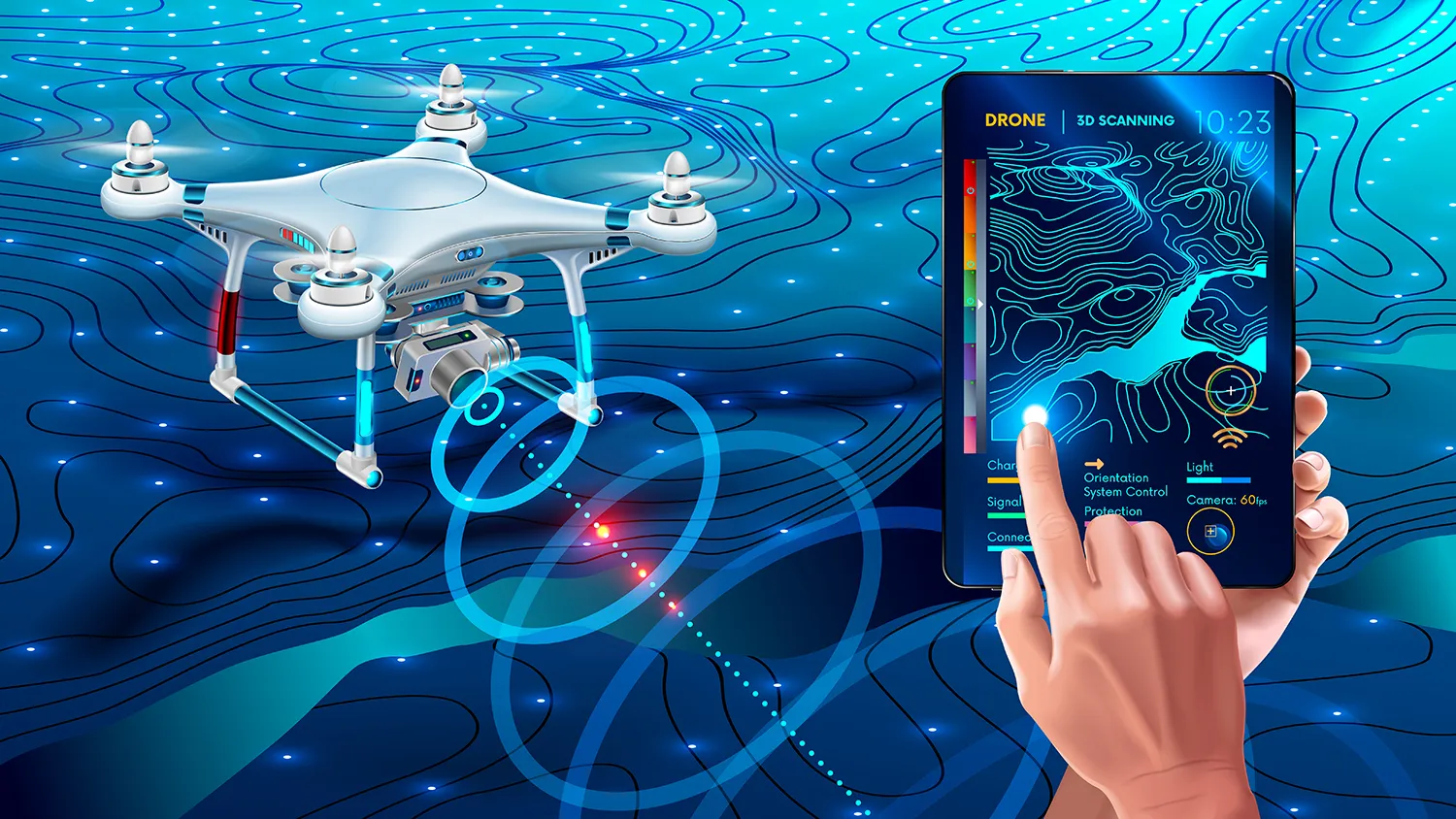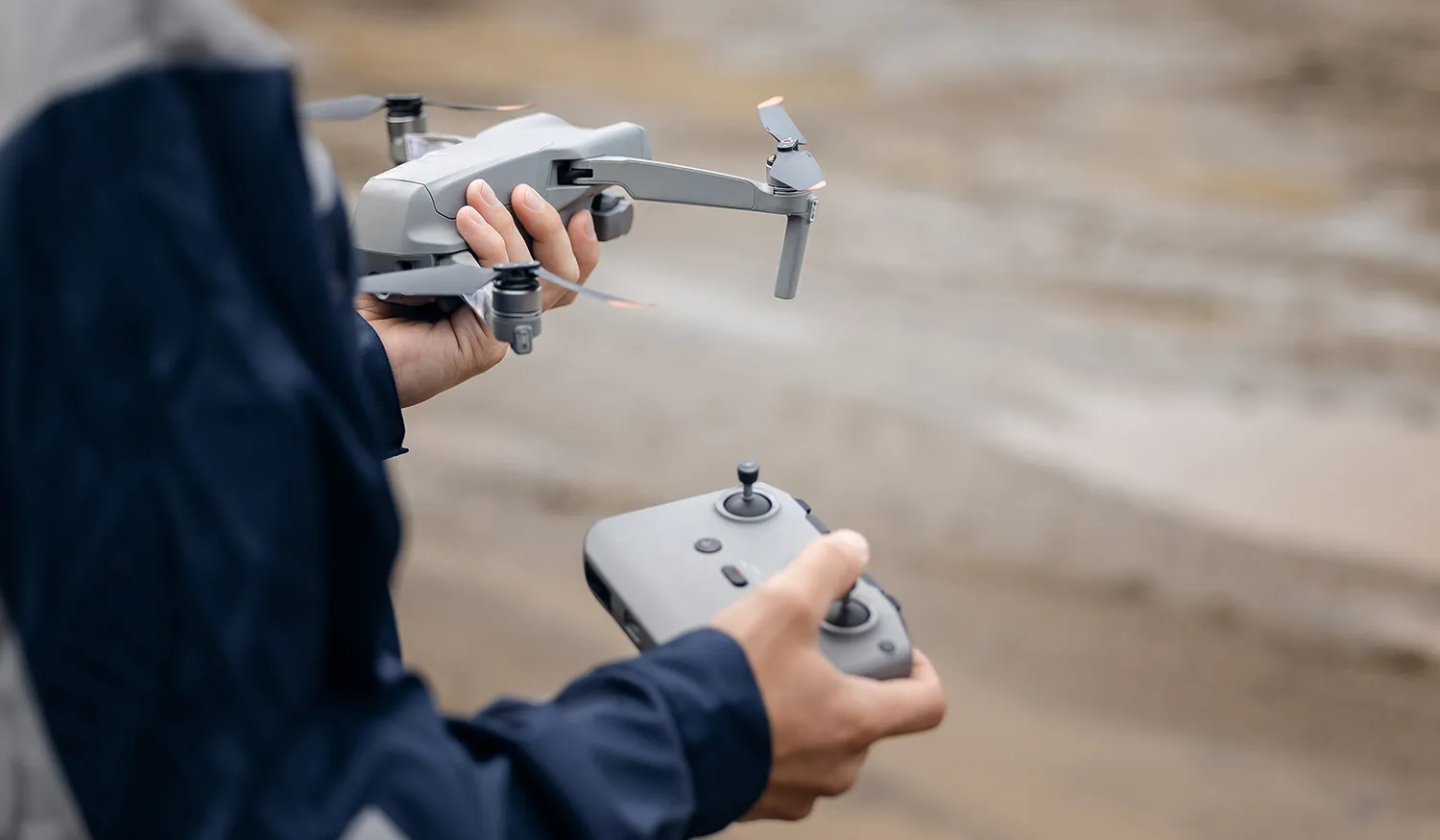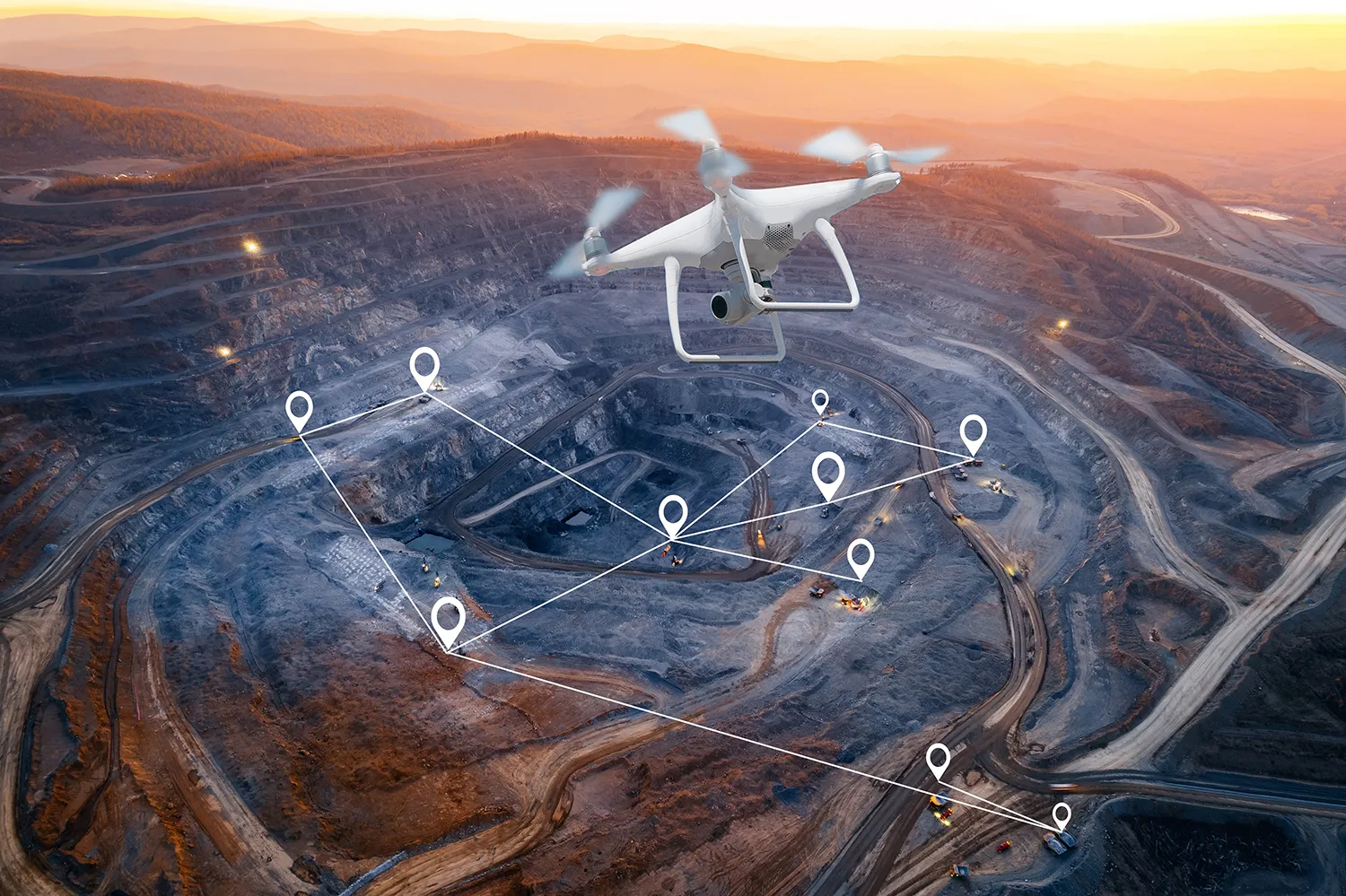The Digital Pulse of the Earth

As data becomes the new oil and digital infrastructure redefines strategic industries, Russia is making significant advances in geological exploration. The recent upgrade of the AGR 4.0 platform marks a major step forward in digitizing how we understand and utilize the Earth’s subsurface
From Rock Samples to Real-Time Intelligence
AGR 4.0, developed by Rosgeo and AGR Software, is at the forefront of digital transformation in Russia’s mineral exploration sector. This upgraded platform includes three pivotal modules that enhance accuracy, efficiency, and integration across the exploration process.
First, the electronic core storage system replaces traditional warehouses and logbooks with digital twins of rock samples. This allows for instant retrieval, virtual inspection, and flawless tracking. Time savings in documentation and sample retrieval reach into the double digits, improving response rates across projects.

Second, the platform introduces a real-time QA/QC module that validates laboratory data continuously. By flagging anomalies and statistical deviations, it protects against costly resource estimation errors. This proactive approach can reduce reassessments by 15–25 percent.
Third, AGR 4.0 is no longer a siloed platform. It now integrates seamlessly with external lab information management systems (LIMS) and geological modeling tools like Geomix. This creates a real-time data pipeline—from sampling to modeling to reporting—eliminating bottlenecks and manual errors while accelerating project timelines.
Impacts on Industry, Region, and Beyond
The platform’s effects extend well beyond geological departments. With faster and more precise subsurface data, regional governments and investors gain vital tools for sustainable development. Enhanced exploration planning also reduces public spending and boosts the strategic use of natural resources.
AGR 4.0 is becoming the digital backbone of Russia’s mining IT landscape. Under the national initiative 'Data Economy and Digital Transformation of the State,' the platform is helping modernize a traditionally analog sector.
The modular architecture opens pathways to export—particularly in CIS countries where exploration methods and geology are comparable. AGR 4.0 offers a chance to challenge Western vendors by positioning Russian technology as both effective and scalable.
Five Years of Digital Maturity
The journey began in 2021 with AGR 3.0, a digital field notebook. By 2022, cloud-based platforms for well logging and 3D deposit modeling were introduced. In 2023, AI-powered pilot projects began analyzing core samples and deploying robust LIMS.

A landmark agreement signed in March 2025 between Russia and Mongolia—covering 90 sites—confirms international interest and validates the relevance of Russia’s geotechnical expertise.
Over the next year, AGR 4.0 will be piloted in large-scale metallurgical complexes. By 2027, it is expected to become the de facto standard for domestic exploration, with widespread adoption of digital twins and AI analytics becoming possible thanks to this unified system.
Challenges and Global Potential
Despite its promise, several hurdles remain. International certification, scalable support for multiple deployments, and workforce training are critical to success. These issues will determine the platform’s export viability and its long-term industry role.

AGR 4.0 is not just software—it is a digital ecosystem in formation. It holds the potential to redefine geological discovery by providing faster, more accurate, and more accessible insights into the Earth’s resources.
This platform represents Russia’s bid for leadership in the technologies that will determine how and where humanity sources its critical raw materials in the 21st century.










































